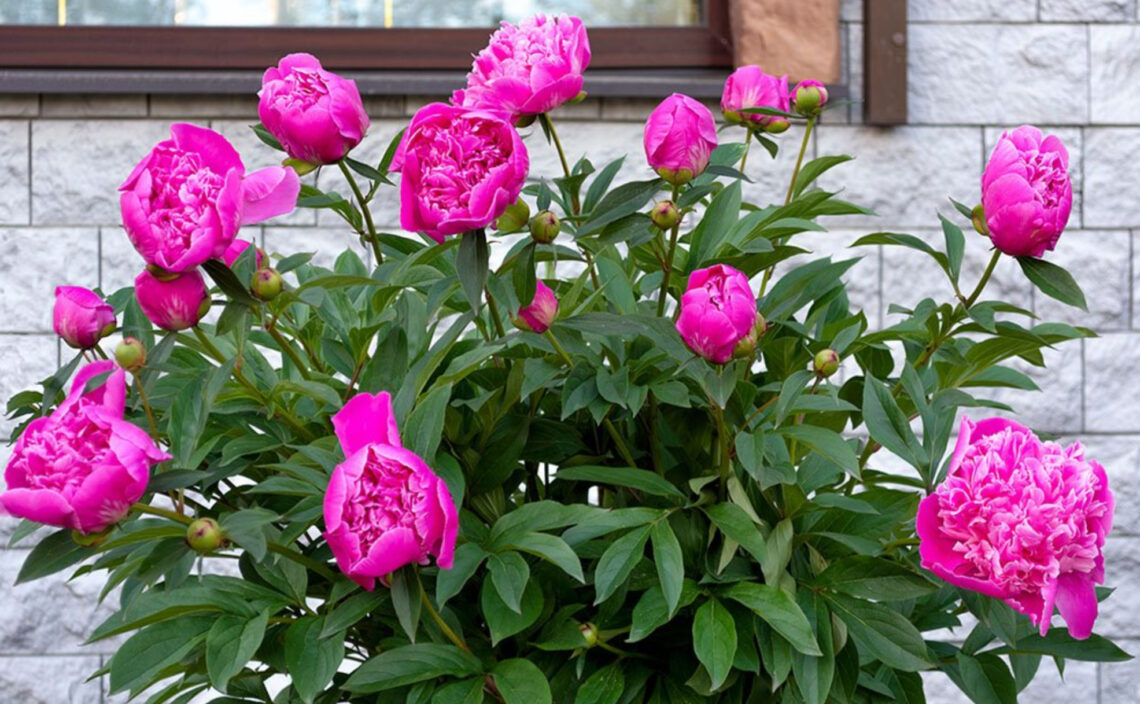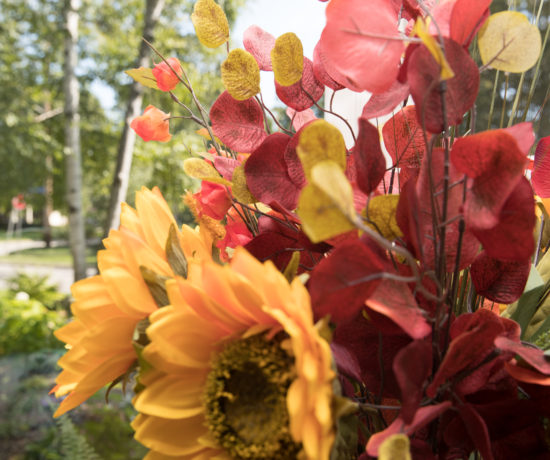OK…so here I am again blogging at three in the morning. I was just doing some research on peony roses. They are about to steal the show! Mine have popped out of the ground…maybe 3-4” I want to be sure that I give them the best start to the season. Here are my top 10 tips…for what it’s worth 😉
Here’s How to Get Them Ready
Peonies. The drama queens of the garden—and we love them for it.
They’re big, bold, fragrant, and frankly, a little high-maintenance. But like any true diva, when they perform, they perform. And if you want armloads of those pillowy blooms that look like they belong in a bridal bouquet (even if the only thing you’re marrying this spring is a new pair of garden clogs), it pays to give them some extra love before showtime.
Here are 10 things I swear by every spring to get my peonies stage-ready:
⸻
1. Cut Back the Ghosts of Peonies Past
If you didn’t trim them down last fall, now’s the time. Get rid of the old, brown stalks—they’re not coming back, and they’re just sitting there looking like garden clutter. Give them a clean slate.
2. Look for the “Eyes”
Peonies pop up with little pink or red buds at the base of the plant called “eyes.” Don’t panic—they’re not watching you. They’re just letting you know where this year’s stems will come from. Be gentle around them when you’re cleaning up.
3. Check the Depth
Peonies like to be planted shallow. If yours haven’t bloomed well in a few years, the eyes might be too deep. They should be no more than 1 to 2 inches below the soil surface. Too deep = all leaves, no flowers, which is not the look we’re going for.
4. Feed (But Don’t Overfeed)
Peonies aren’t needy, but they do appreciate a spring snack. A slow-release fertilizer or a little compost around the base is perfect. Skip the nitrogen-heavy stuff—it’ll make them leafy and lazy. *Read the note at the bottom about fertilizer
5. Mulch? Maybe
If you mulch, do it lightly and keep it away from the crown. Peonies don’t like soggy feet or a blanket over their heads. Think lightweight throw, not a weighted duvet. 😉
6. Stake ‘Em Early
Peonies are confident… until it rains. Then they flop like a tired toddler in Target. Put up supports now before they leaf out, or you’ll be wrestling with them later in full bloom. Been there. Not fun. If my peonies are blooming and I know we are in for some heavy rain I will put up an umbrella to save them 😂
7. Don’t Even Think About Moving Them
Peonies are divas about their space. Once they’re settled, they want to stay put. Moving them can mean no blooms for years. So unless it’s an emergency, leave them where they are.
8. Water During Dry Spells
Peonies don’t need constant babying, (although I DO baby mine) but a good deep drink during dry weeks helps them bulk up for bloom time. You want those buds to be plump and juicy, not sad and shriveled.
9. Inspect for Creepy Crawlies
Ants are fine (they love the buds), but check for botrytis blight—gray fuzz, wilting, or blackened stems. If you see it, cut it out and toss it (not in the compost). Peonies don’t do fungal drama well. I have included a link below for more information on botrytis blight. I have dealt with it in the past. If you love your peonies it is worth learning about this.
10. Get the Vases Ready
Seriously, go find your prettiest vases now. Once those blooms open, it’s a race to snip them before a windstorm, a downpour, or a curious dog named Tank knocks them over. Bring them inside, brag a little, and live your best peony life.
Final Word: Let the Peony Parade Begin
Peonies may take a while to get going each spring, but once they do? Wow. Just wow. They’re proof that good things really do come to those who prep.
So go ahead—do a little garden fluffing, talk sweetly to your plants, and get ready for the jaw-dropping display. They’ll bloom, you’ll swoon, and every neighbor walking by will be a lil’ bit jealy 😉
================================
HOW TO READ FERTILIZER LABEL
The numbers on a fertilizer bag represent the percentages of nitrogen (N), phosphorus (P), and potassium (K), the three most important macronutrients for plant growth, always in that order. These numbers, often referred to as the NPK ratio, indicate the amount of each nutrient present in the fertilizer.
-
- Nitrogen (N): Promotes lush green growth and leaf development.
- Phosphorus (P): Stimulates root growth and flowering/fruiting.
- Potassium (K): Enhances overall plant health, stress resistance, and water absorption.
- Nitrogen (N): Promotes lush green growth and leaf development.
- How to read the numbers: For example, a fertilizer labeled “10-15-10” means it contains 10% nitrogen, 15% phosphorus, and 10% potassium.
- Balanced vs. Specialized Fertilizers: A fertilizer with equal numbers, like 20-20-20, is considered balanced, while fertilizers with varying numbers cater to specific plant needs, such as high-phosphorus fertilizers for flowering plants.
- Other nutrients: While the NPK ratio focuses on the three macronutrients, fertilizers may also contain secondary macronutrients (calcium, magnesium, sulfur) and micronutrients (iron, zinc, etc.). These are usually listed separately on the label.
Click HERE to get some information on Botrytis Blight









10 Comments
Marianne
May 3, 2025 at 6:04 AMOh my gosh. You had me “the peonies are coming”
My most coveted plants in my garden. I love the idea of protecting them with an umbrella. Do you use a large patio umbrella or a small rain umbrella?
Marion
May 3, 2025 at 6:07 AMGood morning Marianne. Thanks for stopping in. LOL…glad you liked the title!
I use a rain umbrella. I took the handle off and added a dowel to make it a bit longer. I just stick it in the ground beside the plant. You could use a patio umbrella for sure. Might be a bit heavier to move around and youd have to make room in the garden for the base. Oh the lengths we go to ! LOL
☔️ ☔️ 🌺 🌺
Laura
May 3, 2025 at 6:08 AMGreat tips! Thanks for posting. Anyone that gardens is looking forward to peony season. Ha ha
Marion
May 3, 2025 at 6:10 AMSo true Laura. This is my first season for growing them as I just planted my garden last year. Wish me luck 🍀
Happy Saturday. Enjoy your weekend.
Lynn
May 3, 2025 at 6:11 AMHave you ever grown peonies in a pot to sit on your doorstep/balcony?
Marion
May 3, 2025 at 6:13 AMHello Lynn. Thanks for the great question. I have not. I am sure you could, as long as you kept it moist. I like to use plants that flower continuously throughout the season for containers. It would be beautiful in the spring though and then move to the garden? Worth a try. LMK how it works out.
Have a terrific weekend.
Joan
May 3, 2025 at 8:49 AMOne of my fav flowers…
Marion
May 3, 2025 at 10:04 AMI will bring you a flower when mine blooms….but only one 😂
🐠 🇭🇷 😂
Elaine
May 3, 2025 at 10:08 AMInteresting post Marion. Great tips, specially staking them early. I tried to put a wire cage thing around mine AFTER they bloomed and I ended up breaking some of the flowers right off. I was so disappointed 😔 I will never do that again.
Marion
May 3, 2025 at 10:10 AMOMGOSH…that’s exactly why I included that Elaine. I did the exact same thing. Lesson learned for sure.
Thanks a bunch (of peonies 🌺) for stopping by and leaving a comment. I love reading them.
Have a great.